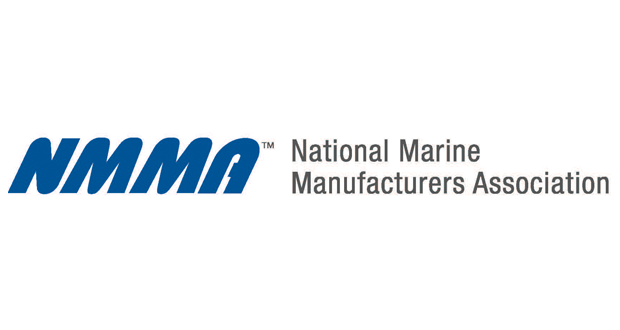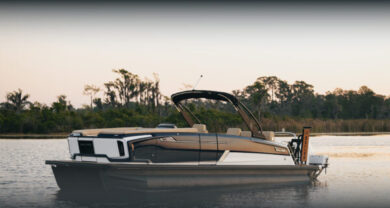NOAA denies Gulf of Mexico speed limit petition

On Friday, the National Oceanic and Atmospheric Administration (NOAA) denied a petition to establish a mandatory speed limit and other vessel-related mitigation measures for the protection of endangered Rice’s whale in the Gulf of Mexico.
According to NOAA, the decision was made based on various factors, including scientific assessments, the potential economic impact on commercial and recreational activities, and the effectiveness of existing conservation measures in the region.
Earlier this year, a petition was submitted to NOAA requesting the establishment of a 10-knot (11mph) mandatory speed limit and additional vessel-related mitigation measures to enhance the protection of Rice’s whale – a newly discovered species listed as endangered and known to inhabit the Gulf of Mexico. NMMA and other leading organizations representing recreational fishing and boating community submitted comments urging NOAA to reject the petition citing a lack of data and science supporting such measures.
While this decision has no direct bearing on the North Atlantic right whale (NARW) proposed rule, it demonstrates NOAA is heeding the concerns the recreational boating industry has raised over the last year in response to the NARW proposed rule and Gulf petition. Further, it has shown the ability to apply careful consideration of economic and conservation factors in making evidence-based determinations on conservation measures. NMMA still anticipates NOAA will release the final NARW rule by the end of the calendar year.
NMMA released the following statement in response to NOAA’s decision:
“We welcome this approach by NOAA, in which they listened to all stakeholders, including the recreational boating and fishing industries, and committed to using the latest science to inform their rulemaking,” said Frank Hugelmeyer, President and CEO of the National Marine Manufacturers Association. “This rule would have had dire implications on Gulf Coast communities, similar to what the proposed North Atlantic Right Whale Vessel Strike Reduction rule will do to communities along the Eastern Seaboard. This harmful proposal would create one of the largest restrictions of Americans’ access to public waterways, put families at risk on the water, and have a devastating impact on economies up and down the Atlantic Coast. We will continue to engage NOAA and work with lawmakers on both sides of the aisle to find ways to protect the right whale that do not come at the expense of small businesses and American livelihoods.”
NMMA has worked alongside a coalition of recreational boating and fishing groups on this harmful threat, including the American Sportfishing Association (ASA) and Center for Sportfishing Policy (CSP). Jeff Angers, president of CSP, added, “The recreational fishing and boating community sounded the alarm when these misguided restrictions were first requested, and tens of thousands of us spoke up – loud and clear – in formal comments and outreach to Congress. Earnest thanks to all our supporters who engaged on this proposed Gulf restriction. Draconian vessel speed restrictions were never the answer to 21st century conservation challenges. We have asked NOAA to work with experts from our industry in improving technology to help tell mariners where whales are instead of effectively barring public access to America’s marine waters.”




